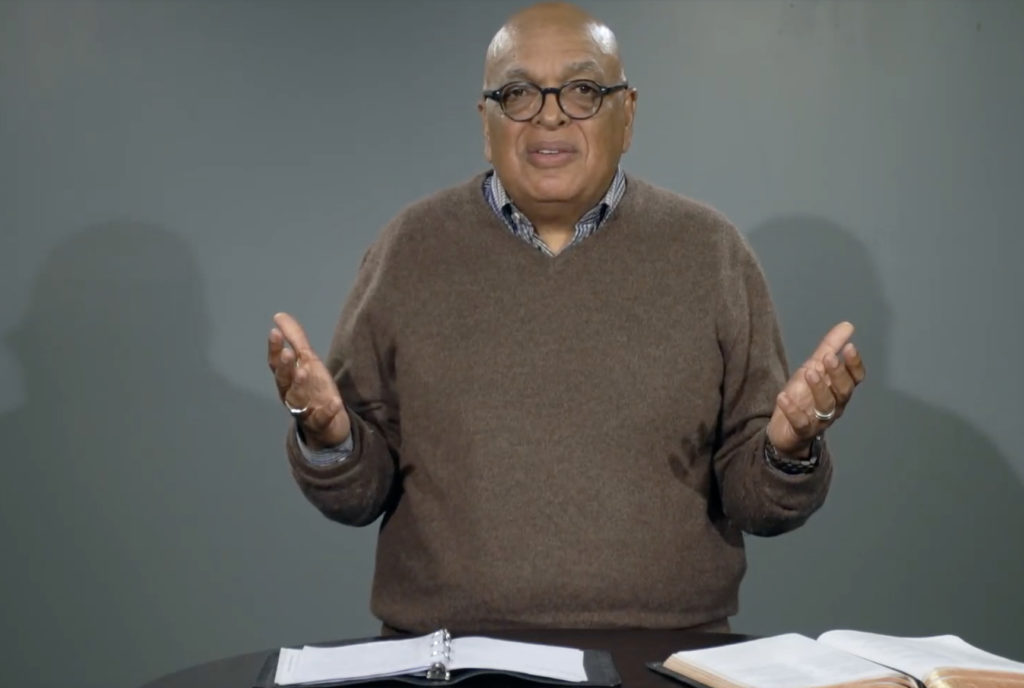The Southern Baptist Convention (SBC) Executive Committee has declined to study the use of Cooperative program (CP) funds in joint efforts with groups whose beliefs “conflict with the witness of Southern Baptists.” The Executive Committee also affirmed SBC’s six seminaries in the wake of the Texas Baptists’ proposal to defund the seminaries.
Responding to a motion referred by the convention last summer, the Executive Committee reported Sept. 18 that trustees and staffs of the various denominational entities “assure the Southern Baptist Convention that they are maintaining the historic position of Southern Baptists as they cooperate with various other groups in appropriate evangelistic enterprises or moral-advocacy initiatives.”
In response to another motion referred from the SBC annual meeting in June asking that SBC entities “not require their employees to sign the Baptist Faith and Message (BF&M)” statement of Southern Baptist beliefs, the Executive Committee voted to adopt the 2000 version as the accepted confessional statement governing its work.
The BF&M, as revised during the meeting in Orlando, Fla., is “the accepted confession governing [the SBC’s] work,” the Executive Committee said, noting that “the responsibility of each Southern Baptist Convention entity” is to utilize the BF&M “consistent with its Southern Baptist Convention ministry assignment.”
Second attempt
The proposal about a study of the use of CP funds was a second attempt by a Louisiana pastor critical of alignments for missions and on social issues with groups that he says preach a “different gospel” from Southern Baptists.
Jerry Moser, pastor of Bayou DuLarge Baptist Church in Theriot, La., first criticized Southern Baptist leaders several years ago for signing on to an “Evangelical and Catholics Together” document that, among other things, defined Christians as either those who are born again or receive grace through sacraments.
More recently, he has questioned involvement with umbrella evangelistic groups such as Mission America and AD2000 that he says include organizations with radically different views from Southern Baptists. Working alongside those groups, he said, raises questions about what Southern Baptists believe.
In a self-study requested by the Executive Committee last year, however, leaders of SBC entities reported they “are not committing Southern Baptist resources, personnel or ministries to relationships which would compromise the historic distinctives or the unique witness of Southern Baptists to the world,” the Executive Committee said.
IMB report coming
The International Mission Board plans to submit its report at the Executive Committee’s February 2001 meeting, President Jerry Rankin said in a letter.
On Sept. 19 the Executive Committee also unanimously adopted a resolution affirming the SBC’s six seminaries.
The seminaries “continue to faithfully discharge their responsibilities to the Lord and Southern Baptists,” the Executive Committee said.
Noting that seminaries “have been unfairly criticized and threatened with withdrawal of support by certain leaders in the Baptist General Convention of Texas (BGCT),” the 10-paragraph resolution called for action by the BGCT.
It called for the BGCT “to reject the unwarranted and unfair attacks upon the seminaries and to defeat the proposal that seeks to remove their funding.”
The resolution was prompted by a proposed $4.3 million funding cut for the seminaries stemming from a theological education study committee created during the BGCT’s annual meeting last fall.
The proposed cuts were expended by more than $1 million in early September to include the SBC’s Executive Committee and Ethics and Religious Liberty Commission.
In other business, the Executive Committee:
-Approved changes to a bylaw giving the Executive Committee president more authority in hiring and firing of staff
-Declined to act on a motion referred by the SBC recommending that 60 percent of those serving on committees and trustee boards be from churches with 300 members or less.
-Agreed to study the feasibility of Cleveland as host city of the convention in 2005.
-Declined to study the feasibility of establishing satellite centers for participation in the SBC annual meeting, citing “complexity of implementation and negative impact on the group dynamic.”
-Agreed to include a “layperson” category on the SBC messenger-survey card.
-Declined to place Pentecost and Ascension Day on the SBC calendar, while commending churches for observing the Christian calendar.
The Executive Committee action will be reported to the June 2001 SBC annual meeting in New Orleans. (BP, ABP)





Share with others: